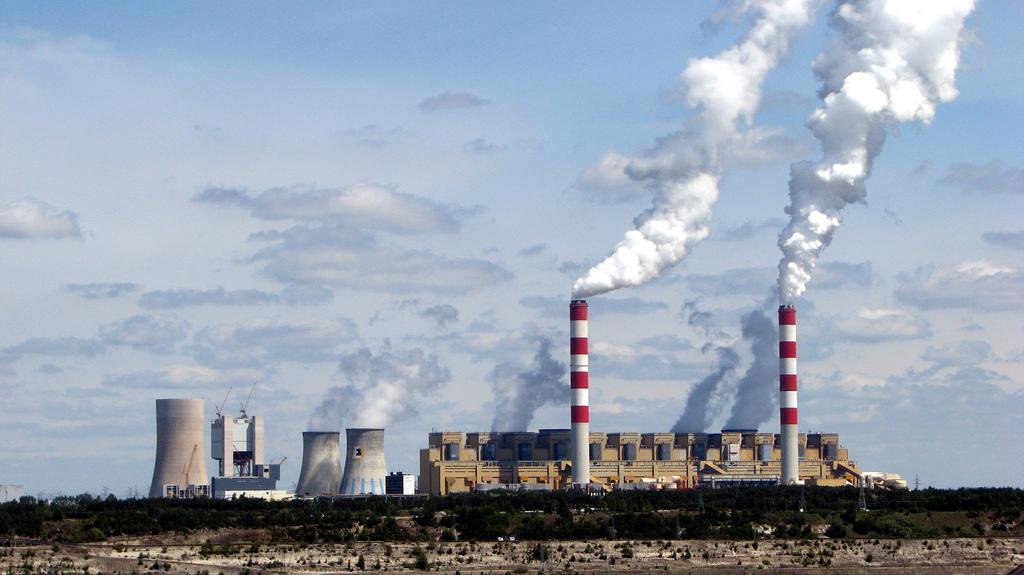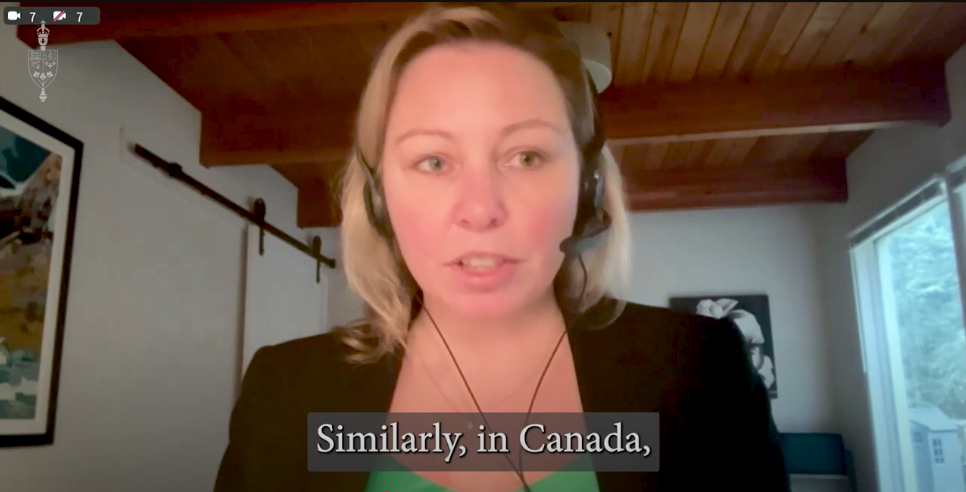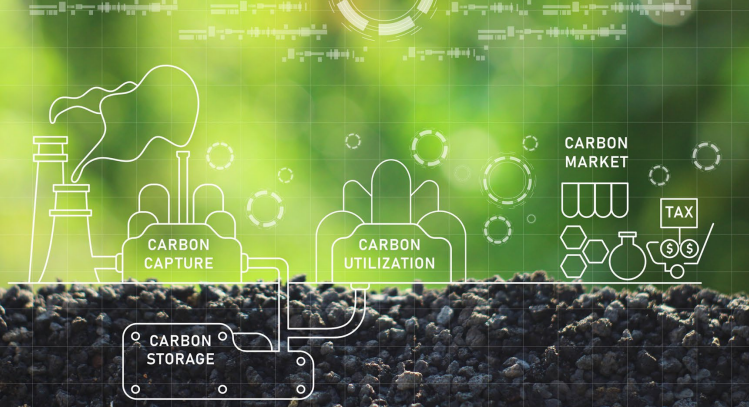Coal-burning countries could benefit from billions in EU funding even as they fail in their climate commitments, a new report shows.
Every member state is required to phase out coal entirely by 2030 and transition directly to clean electricity to meet the EU’s Paris Agreement target of limiting global temperatures to 1.5°C above pre-industrial levels.
But a briefing released today by climate thinktank Ember finds that seven of the 18 EU member states still using coal to generate electricity have no plans for a phase-out in the next decade.
Despite this, those seven countries would be set to benefit from two-thirds of the Just Transition Fund, worth up to €40 billion (£36 billion) and set up to support the EU regions most impacted by a transition to a low carbon economy. While two of these countries – Poland and Bulgaria – plan a significant expansion of gas use alongside continued coal burning.
Like what you’re reading? Support DeSmog by becoming a patron today!
Charles Moore, Ember’s European Programme Lead, said in a statement: “The majority of EU coal-countries are not ready for a just transition.”
“They have no plans to give up coal by 2030 – or they plan to swap coal for fossil gas – another dead end if the EU is to meet its Paris Agreement commitments. Now is the time to support coal regions in countries genuinely undergoing a rapid energy transition. But the Just Transition Fund looks set to reward inaction rather than real climate ambition.”
Rewarding coal and gas
Ember analysed the countries’ final National Energy and Climate Plans (NECPs), proposed by the European Commission as part of its European Green Deal, to assess whether such plans were in line with the EU’s climate pledges.
The research found that “climate laggards” such as Bulgaria, Croatia, the Czech Republic, Germany, Poland, Romania and Slovenia would be rewarded under the fund, despite coal capacity falling by only 42 percent in the next decade.
A total of 52 gigawatts of coal is currently expected to be operational after that point, around 90 percent of which is in the Czech Republic, Germany and Poland.
Meanwhile Greece, Hungary, Ireland and Italy are all on track to phase out coal by 2030, but this is accompanied by a significant increase in gas use.
The briefing – which comes a couple of days before the European Parliament’s plenary voting on the Just Transition Fund Regulation – calls on the European Parliament, Council and Commission to ensure that support for the fund is conditional on ambitious coal phase-out commitments.
Only seven countries were on track to phase out coal by 2030 without significantly increasing fossil gas use: Denmark, Finland, France, the Netherlands, Portugal, Slovakia and Spain.
In addition, the authors urge that all fossil fuels – in particular gas – are excluded from the fund’s remit. The money should “support the transition of the most vulnerable carbon-intensive regions, primarily in the form of grants, to ensure that no one is left behind in the rapid transition to climate neutrality”.
Accountability
The European Commission proposed a fund of €40 billion in May, though this could be cut to €17.5 billion (£13.4 billion) in the wake of coronavirus.
Elif Gündüzyeli, Senior Coal Policy Coordinator at CAN Europe, and co-author of the report, called for countries to be held more accountable in their climate ambitions.
“As one of the first pieces of legislation of the European Green Deal, the Just Transition Fund must live up to its name by supporting real transition, not talk,” he said.
“If the EU wants to show commitment to the Paris Agreement, no coal power plant should be operational beyond 2030. Transition means change to clean, renewable energy – not fossil gas. Coal regions need future-proof investments in the new economy, not further entrenchment in fossil-fuel dependency.”
Image credit: Fotopolska.eu/Wikimedia Commons CC BY–SA 2.0
Subscribe to our newsletter
Stay up to date with DeSmog news and alerts







